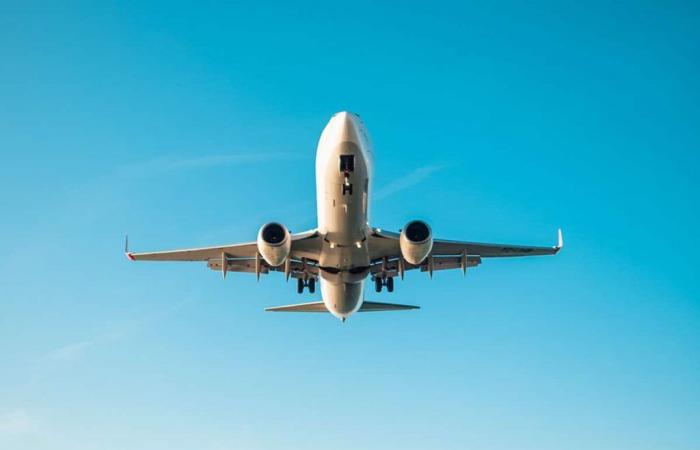
Low-cost airline Ryanair has issued a warning to the government, threatening to halve its activity at regional airports from January 2025. The move is being considered if plans to triple the solidarity tax on plane tickets , included in the 2025 budget, is maintained.
Regional airports in turmoil
This increase, also known as the “Chirac tax”, aims to collect one billion euros to reduce the public deficit. But for Ryanair, it represents a threat to the economic viability of many routes in France.
Jason McGuinness, commercial director of the company, said: “ If the government persists with its plan, it will make many roads unviable. Instead, our planes will go to countries with no or lower taxes. » Among these alternative destinations, he cited Spain, Poland, and even Sweden, where new lines will open in the summer of 2025.
Ryanair, which currently serves 22 French airports, did not specify which would be affected by the reduction in its traffic. However, several cities such as Limoges, Carcassonne, and Perpignan, where the company is often the sole operator, could lose their international connection. These airports, already weakened, risk suffering a major economic impact.
The standoff between Ryanair and the government
According to the National Federation of Aviation and its Trades (Fnam), the tax increase could lead to a drop in traffic of 2% on average throughout the country. But at airports where customers are particularly price sensitive, particularly those served by low-cost airlines, this drop could be much more marked.
For Ryanair, the attractiveness of French airports could be replaced by bases in other countries, such as Italy or Hungary. For example, the company is already planning to strengthen its presence in Trieste, in Veneto, or even in Wroclaw in Poland. A policy which contrasts with the current situation of certain French airports, largely dependent on Ryanair to attract tourists and maintain local economic activity.
This is not the first time that Ryanair has opposed a tax increase. At the beginning of November, Michael O'Leary, CEO of the company, had already denounced the tax projects of France and Germany. Like other companies such as Air France-KLM, Ryanair has confirmed that it will pass on the increase in taxes on the price of tickets. The government's final decision, expected with the adoption of the budget in December, could seal the fate of several regional airlines.
And you, what do you think?
Should we prioritize the fight against the public deficit, even if it means weakening regional airports, or should we rethink this tax to avoid an exodus of low-cost companies abroad? Is Ryanair bluffing to preserve its margins, or is the government underestimating the impact of this decision? Your opinion counts: let’s debate it!





